The winter term at Portland State University starts January 9, and registration opens December 19 for non-degree students. (Students who are already enrolled in a PSU degree program can register online now.) Lifelong learning is a guiding principle of PSU, and anyone interested can take transportation courses through the non-degree application process or as a post-baccalaureate student. Taking a course can be a good way to see if one of our graduate degree programs is right for you. Check out the course offerings below to see what's available this coming term.
See PSU’s COVID-19 Student Resources for the latest info on campus health and safety for students and staff. The course delivery methods for each course are listed below (e.g. in-person, hybrid, or attend anywhere).

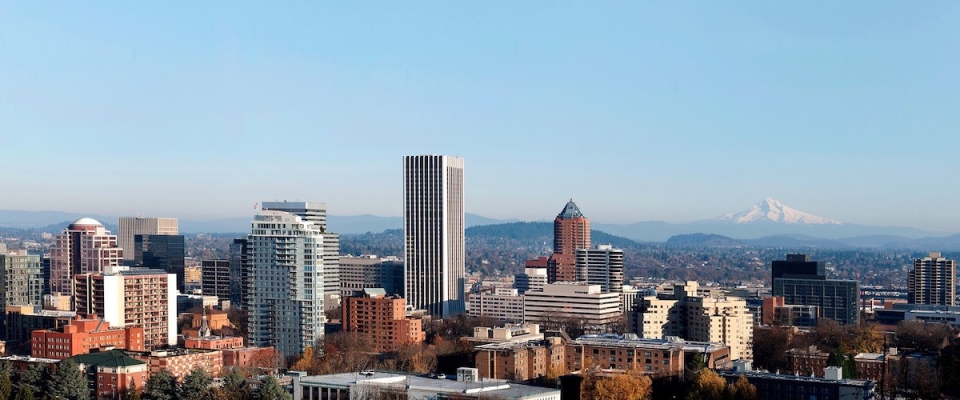
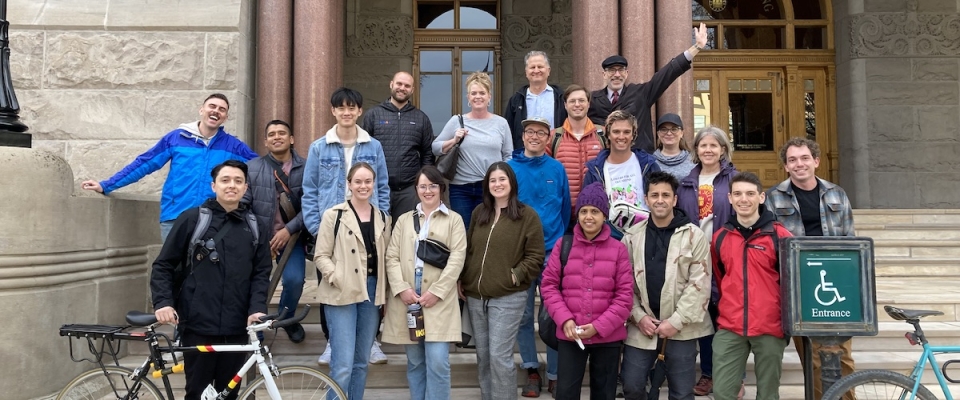
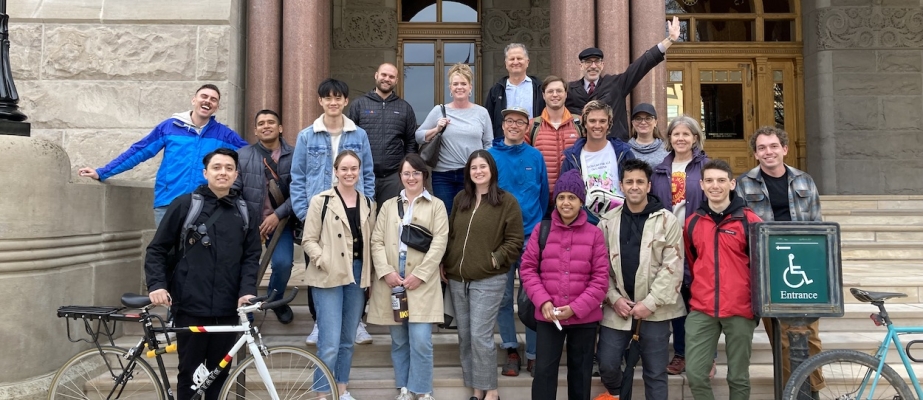
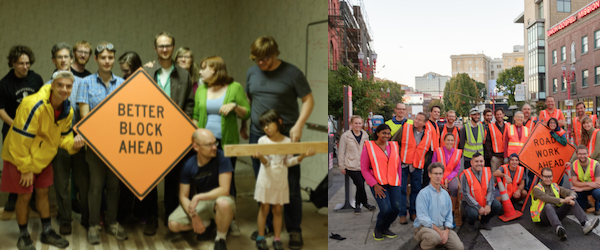
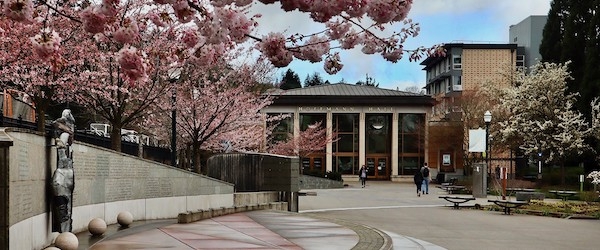

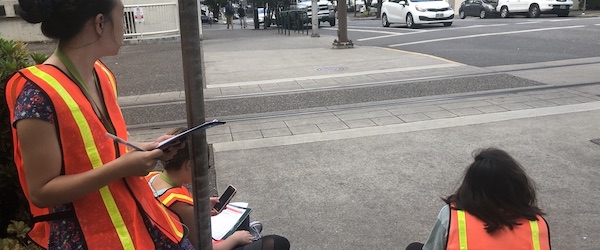
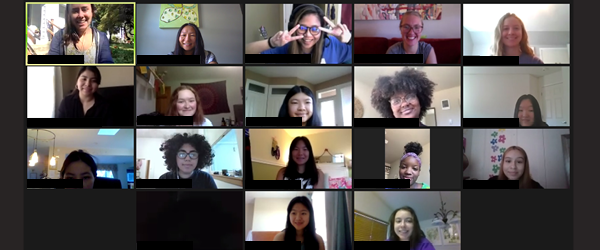
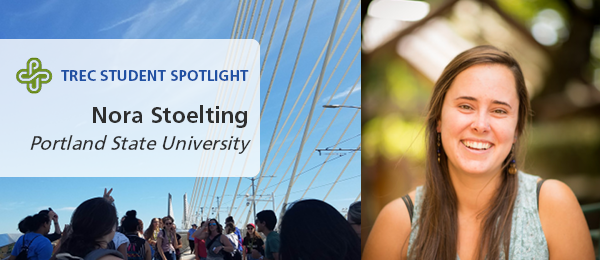
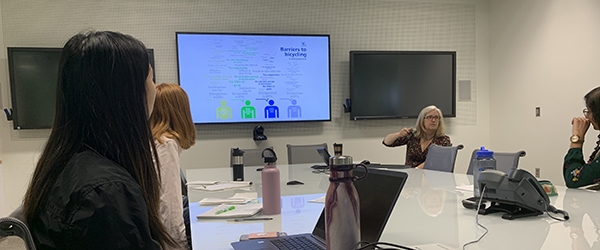
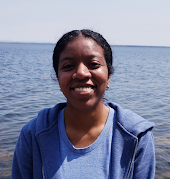 Anaisabel Crespo - Leiva, SUNY...
Anaisabel Crespo - Leiva, SUNY...